Dejected Demons Joel Smith (left) and Bayley Fritsch leave the MCG after last Friday’s loss to Carlton. Photo: GETTY IMAGES
It seems as though premierships are hard to win, until you win one. They then become the benchmark.
Since the VFL was rebranded the AFL in 1990, we’ve had four teams win clusters of three flags each within what would now be called their “premiership window.”
It’s rare enough that it stands out when it happens, but perhaps common enough that all successful sides are now largely judged on this basis.
Premierships are cherished well into the future, but in the present, the footy world has an increasing aspiration towards gluttony. And with that, a contemporary devaluing of the ultimate prize begins to rear.
Is one no longer enough? Has the extreme success of the few spoiled what should be unconditional celebration and triumph for each victorious side on their day?
Fans, who loyally ride the rollercoaster and barrack for a pile of coloured cloth, regardless of who dons it, want to make hay while the sun shines. A victory once every 18 years on average would placate no one.
To salute on the last Saturday in September is a rare and wonderful thing, and premiership droughts, even in the age of equalisation, unfortunately persist.
But you can’t fluke your way out of a flag, just as you can’t fluke your way into one.
In the days following Melbourne’s elimination at the hands of Carlton, and even in some quarters before it, criticism has centred around the extent to which the club is squandering the opportunity at a premiership dynasty.
Many have pointed to the golden list at Melbourne’s disposal, with a sense of urgency around the idea that it must certify its place in history with multiple cups, and soon.
But how good is this list really?
Yes, Max Gawn is an all-time great ruckman, Clayton Oliver and Christian Petracca are in the top handful of midfielders league-wide, and Steven May and Jake Lever are the envy of the competition down back. None of this is up for debate.
Others, such as Ed Langdon, Jack Viney and Bayley Fritsch, excel in their positions, but the team is hardly littered with All-Australians outside its core five.
In fact, the only other All-Australians on the Demons’ list are Michael Hibberd, named all the way back in 2017 and omitted for their semi-final, and Brodie Grundy, not selected for eight out of Melbourne’s final nine matches.
PLEASE HELP US CONTINUE TO THRIVE BY BECOMING AN OFFICIAL FOOTYOLOGY PATRON. JUST CLICK THIS LINK.
It’s a very good squad, and their core five will go down as champions of the club. But is it good to the extent that the accumulation of anything less than multiple flags should be considered wasteful?
Since their barnstorming finals series in 2021, and equally-compelling opening two months of season 2022, the Demons are 22 wins from 39 matches, at a winning percentage of 56, which is the winning percentage of a seventh or eighth placed team most years.
Additionally, it’s a genuine challenge to think of any Demon who has taken a jump into the elite in that same time period.
A straight-sets finals exit for the second year running is unbearable for supporters, but perhaps this is just genuinely their level.
Ask St Kilda supporters about the latter half of the 2010s if you want to hear about squandered lists. Their 2009 grand final side featured no fewer than 10 players who were named All-Australian during their careers.
Or ask Geelong fans about the late 1980s right through to 1995.
Yes, these sides came up against formidable, in some cases generational, opposition, and just fell short. But seeing the sun set on those types of eras without any silverware is tough to take.
The pain has certainly eased at Kardinia Park. Saints fans, on the other hand, are still waiting.
And that, of course, is the key point here. Melbourne hasn’t squandered its list, just as the Western Bulldogs didn’t after 2016, and just as Collingwood didn’t after 2010. These are premiership sides, and they will always be loved and venerated by their supporters not for what they didn’t do, but for what they achieved after achingly long spells.
Richmond supporters would have given anything to see their pile of cloth hold up the cup just once in their lifetime prior to 2017. The Tigers were good enough to go on and win more.
After the Hawks claimed a cup ahead of schedule in 2008, they dropped out of contention for a couple of years. They, too, were then good enough to regroup and win more.
In Melbourne’s case, it did something that no iteration of the team had managed to do for 57 years. If the Demons don’t win another with this group, it will only be because they’re not good enough to do so.

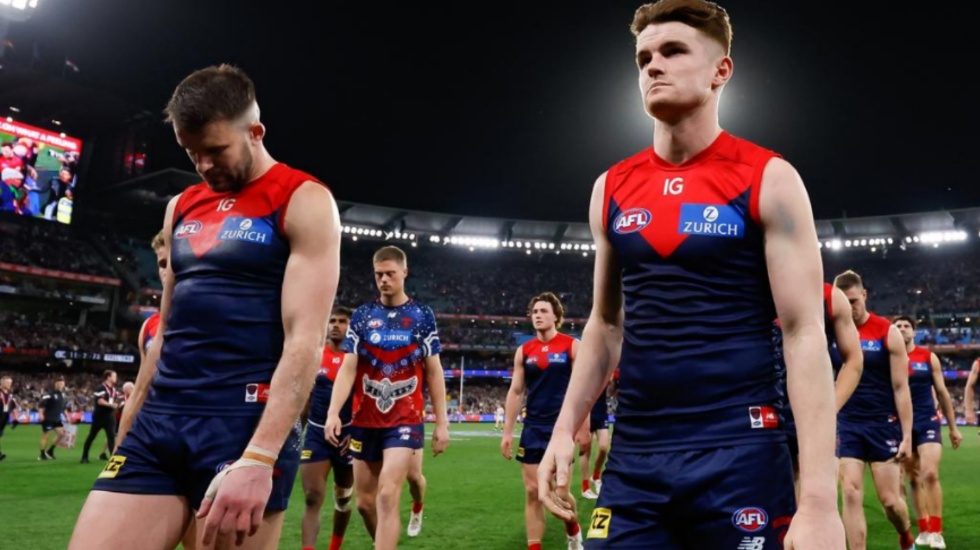
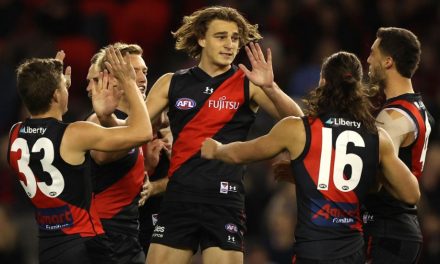
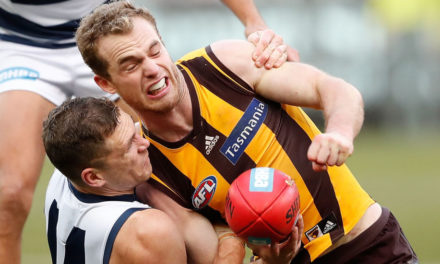
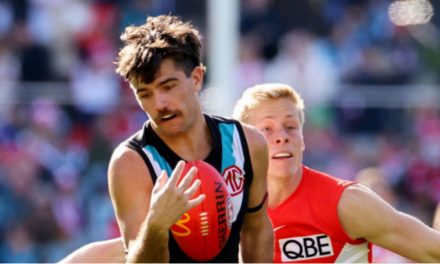
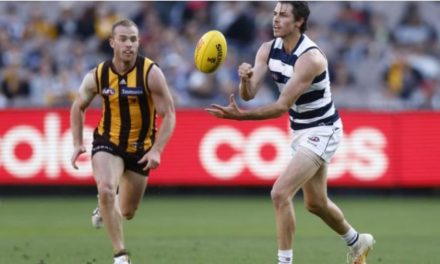
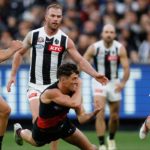
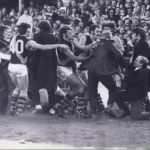




Well said all round sir – thank you (and I’m not a Dees supporter, but I think they’ve been unfairly trashed over this – there are a whole lot of clubs who’d have been DELIGHTED to have made top 4 three years in a row!)
Yes.
It’s time some heat was put on the bottom half of Melbourne’s list.